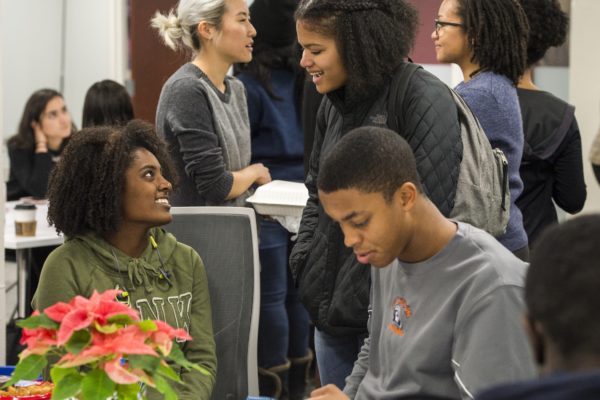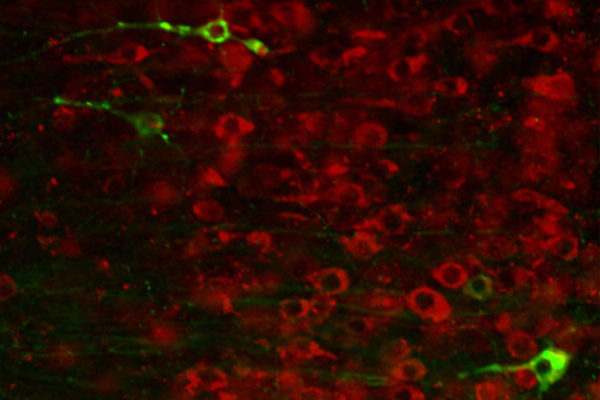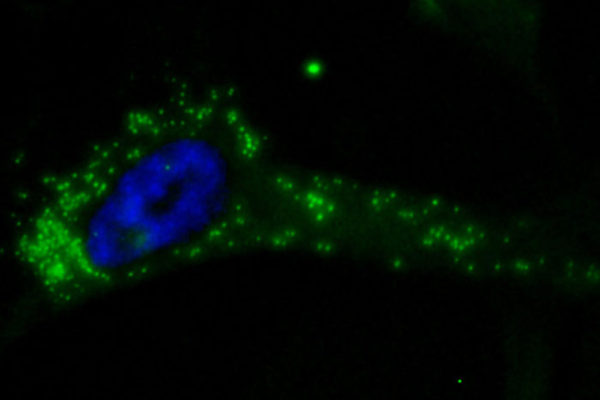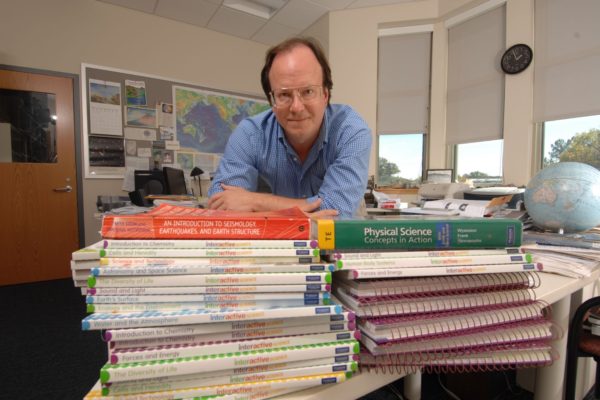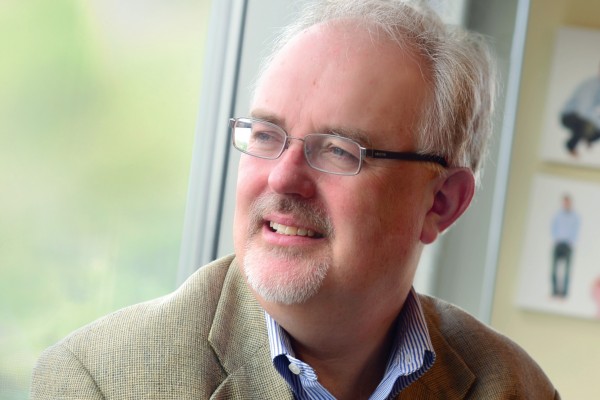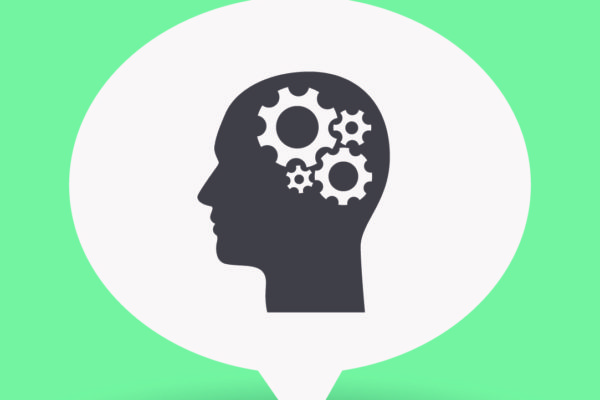Jonathan Biss launches Great Artists Series Feb. 9
Acclaimed pianist Jonathan Biss will launch Washington University’s new Great Artist Series with a solo recital Feb. 9 in the E. Desmond Lee Concert Hall. The program will feature late works by Frédéric Chopin, Robert Schumann, Johannes Brahms and György Kurtág.
Study: Tax-return delay could hurt low-income families
Millions of low- and moderate-income Americans who claim certain tax credits will have to wait weeks longer than usual this year for their federal income tax refunds because of a new law aimed at reducing fraud. The delay could prove costly for countless families, finds a new study from the Brown School and the Tax Policy Center.
New Office of Scholar Programs opens in Women’s Building
Three of Washington University in St. Louis’ premier scholar programs — the Ervin Scholars, the Annika Rodriguez Scholars and the Danforth Scholars — are now part of the new Office of Scholar Programs. The office will provide scholar students a space in the Women’s Building to meet and collaborate.
Romney headlines School of Law speaker series
The School of Law’s 2017-18 “Access to Justice” Public Interest Law & Policy Speakers Series kicks off Feb. 2 with a lecture by Dan Ariely. The series highlight will be a chat with Mitt Romney Feb. 27.
Tackling aging: China forum addresses global issue
Washington University and its partner universities in Greater China came together in Shanghai on Jan. 21 for a major conference, the “Forum for Greater China: An Aging Population.” The goal of the conference was to stimulate collaborative research and conversation that will advance solutions to the challenges posed by China’s aging population.
Drug compound halts Alzheimer’s-related damage in mice
Researchers at the School of Medicine have shown that levels of tau protein can be reduced – and some of the neurological damage caused by tau even reversed – by a synthetic molecule that targets genetic instructions. The findings are important for Alzheimer’s and other neurological diseases.
Study unveils new way to starve tumors to death
School of Medicine scientists have exploited a common weak point in cancer cell metabolism, forcing tumor cells to reveal the backup fuel supply routes they rely on when this weak point is compromised. Mapping these secondary routes, the researchers also identified drugs that block them.
WashU Expert: Advice to Education
Michael Wysession, professor of earth and planetary sciences at Washington University in St. Louis, is the lead author on several high-school and middle-school textbooks and videos in physical science and earth science, co-authored a kindergarten through eighth grade national-science program, and also is a co-author on a leading geophysics undergraduate and graduate college textbook. He […]
New public health directorship from BJC HealthCare honors Shapiro
The directorship of the Institute for Public Health at Washington University in St. Louis has been named in honor of Larry J. Shapiro, MD, former executive vice chancellor for medical affairs and dean of the School of Medicine. William G. Powderly, MD, the current director of the institute, will serve as the inaugural Larry J. Shapiro Director.
Creativity focus of MLA Lecture Series
Creativity will be explored during a series of Saturday talks in February at Washington University in St. Louis. Free and open to the public, the Master of Liberal Arts Lecture Series is sponsored by University College, the university’s professional and continuing education division in Arts & Sciences.
View More Stories


